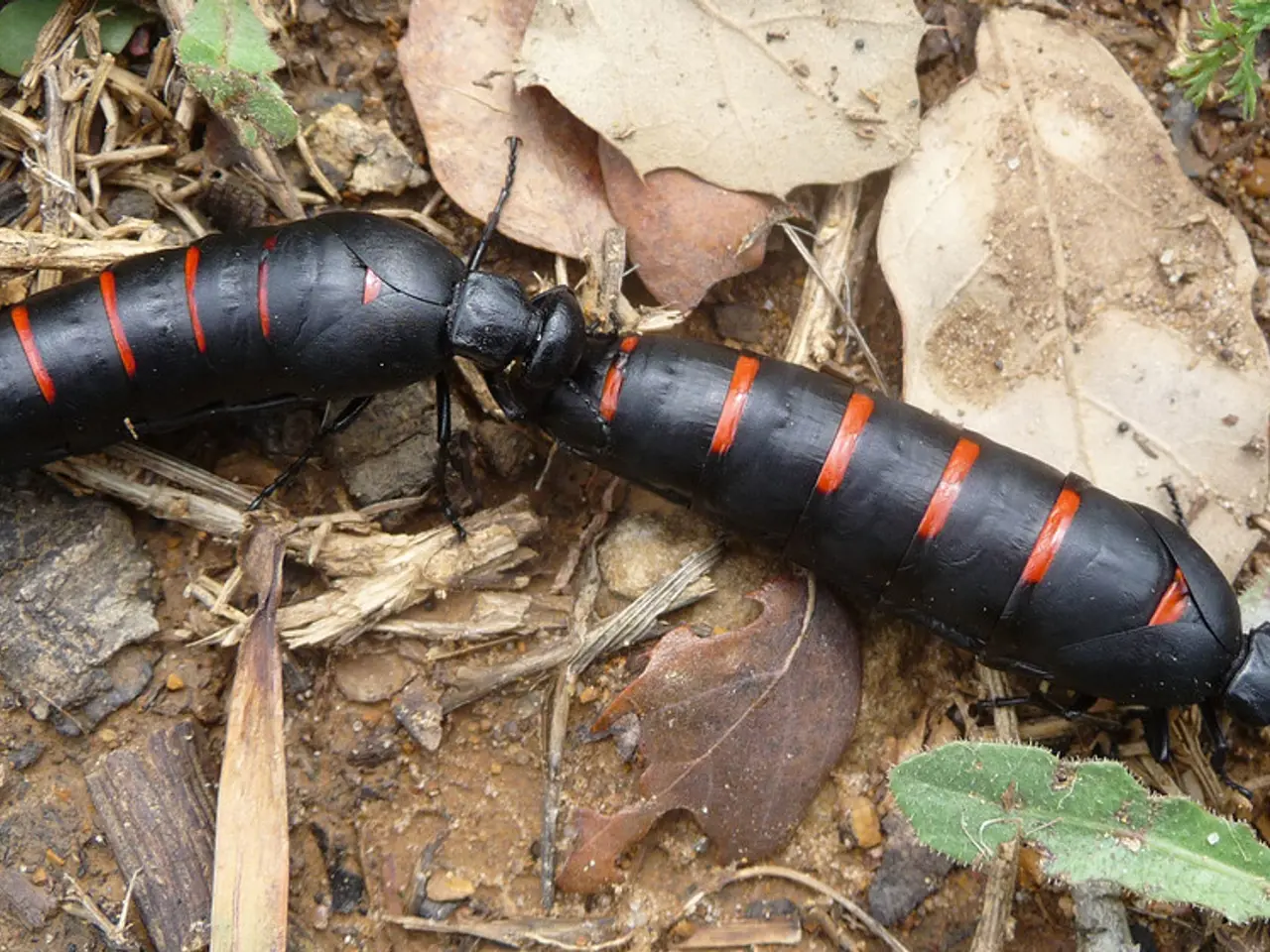Scorching summer commencement jeopardizes summer produce cultivation
Europe is currently facing a diverse agricultural landscape, with both promising prospects and significant challenges for its summer and winter crops.
Winter Crops:
The outlook for winter crops in Europe is generally positive, with good to above-average yield prospects predicted for 2025. Countries such as Romania, the Nordic countries, Bulgaria, France, Spain, Ireland, and several others are expected to see above-average yields. Germany, Poland, and Hungary, however, are forecasting around-average yields, while Italy faces reduced yields due to heat and water stress.
The European Commission has noted that despite some rain deficits in parts of the EU, winter crops have generally favourable growing conditions.
Summer Crops:
Summer crops, on the other hand, are facing significant risks due to persistent dry and hot weather, particularly in southern and eastern Europe. Countries like Hungary, Romania, Bulgaria, and Italy have seen constrained summer crop development due to prolonged rain deficits and high temperatures, resulting in below-average biomass and expected yield reductions.
In contrast, Finland and Estonia are experiencing excessive rainfall, which is complicating field operations and raising concerns about localized yield losses and reduced crop quality.
Pest pressures, such as the spread of cicadas causing Stolbur disease in sugar beet and potatoes, have also emerged in Germany, presenting additional challenges for crop health and yields.
Trade and Market Impact:
The EU is expecting a rebound in cereal and rapeseed production in 2025-26, with soft wheat exports forecast to rise significantly by 24%. Rapeseed production is also projected to increase by around 11.6%, while imports may decline correspondingly.
However, dryness could negatively affect some spring and summer crops, suggesting that while winter crops and some cereals improve, summer crop yields might still be adversely impacted in certain regions.
Geopolitical instabilities and climatic challenges continue to pose risks to stability in EU agricultural markets.
Summary by Country:
| Country | Winter Crops | Summer Crops | Key Concerns | |-----------|------------------------------------|----------------------------------------|----------------------------------------| | Hungary | Around-average yields | Constrained by heat and drought | Persistent rain deficit since May, heat | | Romania | Above-average yields | Constrained by heat and drought | Heat stress, rainfall deficit | | Italy | Reduced winter crop yields | Yield reductions likely due to heat | Heat and water stress | | Finland | Above-average winter crop yields | Excessive rainfall causing field issues| Localized yield losses and quality drop |
For a comprehensive understanding of the agricultural situation in Europe, visit the JRC's AGRI4CAST website, subscribe to the JRC MARS Bulletin, or explore the EU Soil Observatory and the EC's Knowledge Centre for Global Food and Nutrition Security. These resources provide valuable information, tools, data, tutorials, and insights into the European agricultural landscape.
- The outlook for winter crop yields in Europe's education sector about agriculture could benefit from insights provided by the EU Soil Observatory, especially for countries like Hungary, Romania, and Italy, facing key concerns related to dryness, heat stress, and water stress.
- With food security being a critical component of economic stability, the persistent hot and dry weather in summer crops could lead to emergency situations in certain regions, such as southern and eastern Europe, if immediate measures aren't taken to ensure adequate water supply and combat pest pressures.
- As the weather continues to pose challenges for European agriculture, it is crucial for the EU to focus on weather prediction and climate change mitigation strategies in order to achieve long-term security in food production, especially during crises like the predicted reduction in summer crop yields in certain regions.








